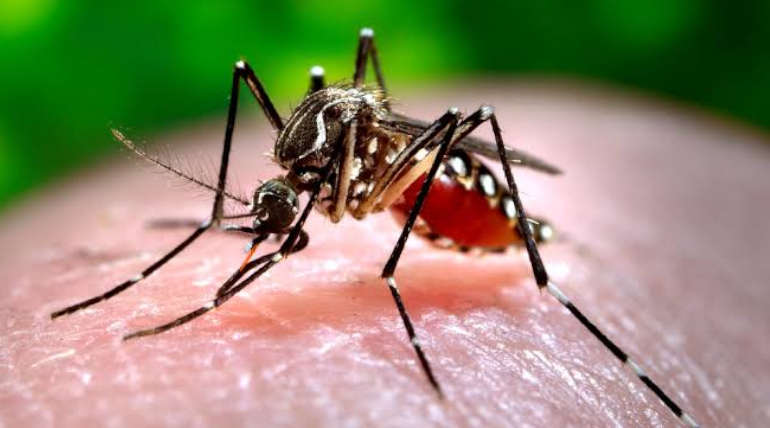Malaria Carrying Mosquitoes Becoming Resistant to Insecticides
Leg Proteins of mosquitoes are making it resistant to insecticides: Mosquitoes are the carriers of many types of diseases, and unfortunately, it evolves by developing resistance mechanisms. One such which was recently found out was malaria-carrying mosquitoes are becoming resistant to insecticides.
Anopheles gambiae and Anopheles Colaizzi, which are considered as the malaria carriers in West Africa, have a particular type of protein in their leg that resists the insecticides and make the mosquitoes immune to the insecticide.
In the Journal Nature, Dr. Victoria Ingham said, "A variety of protein present in the legs of the mosquitoes is degrading the quality of the nets, and the nets are termed as bad nets with bad performance. The research has found that the protein is the major reason, and it will be one of the additives in the future to overcome this resistance mechanism."
The research further revealed that the protein in SAP2 was found high in the resistance population and made it much more intense when they come in contact with the pyrethroids the insecticide class used in all bed nets. By partially silencing the gene, the susceptibility to pyrethroids was restored. Still, the elevated level is making the population resistance to the pyrethroids a potential danger to the quality of the bed nets.
To curb this, a new insecticide was introduced, treating bed nets containing synergist Piperonyl Butoxide (PBO) and pyrethroids, the class used on all bed nets now. The synergist targets the cytochrome P450s and silences the elevate dprotein. However, mosquitoes are capable of continuously developing resistance mechanisms every now and then.
Professor Hillary Ranson said, "Insecticide-treated bed nets are the interventions for controlling malaria. The dramatic reduction in disease rates is all because of insecticide-treated beds. Hence these researches are helpful to find new compounds to fight against the resistance mechanisms developed by the population and continuously keep the nation healthy and resistant to malaria."
